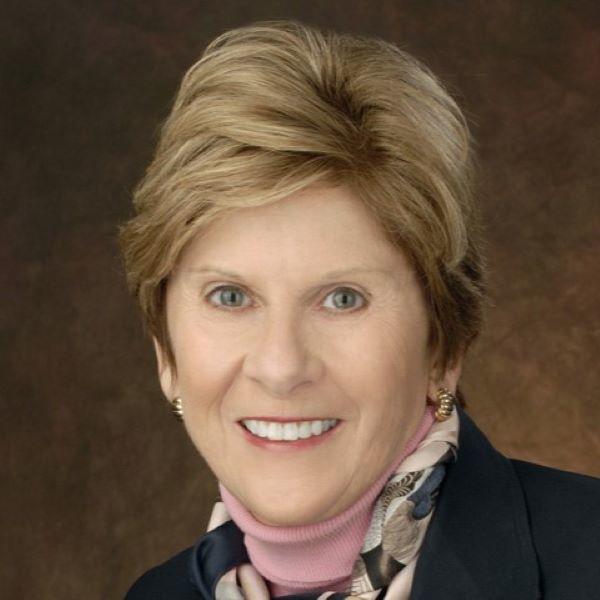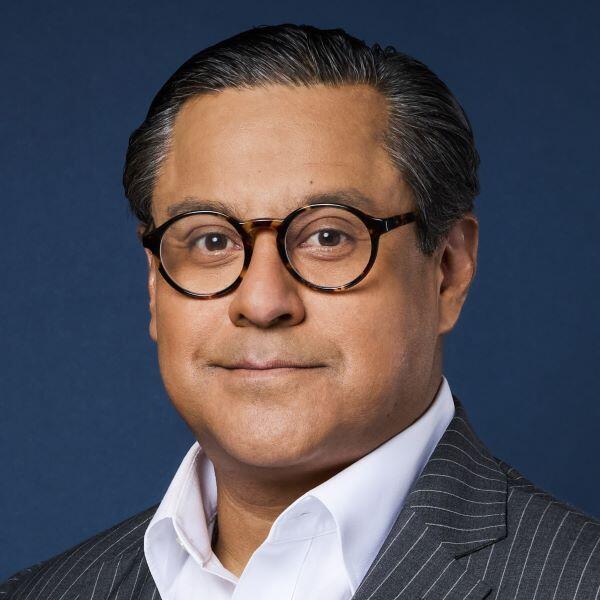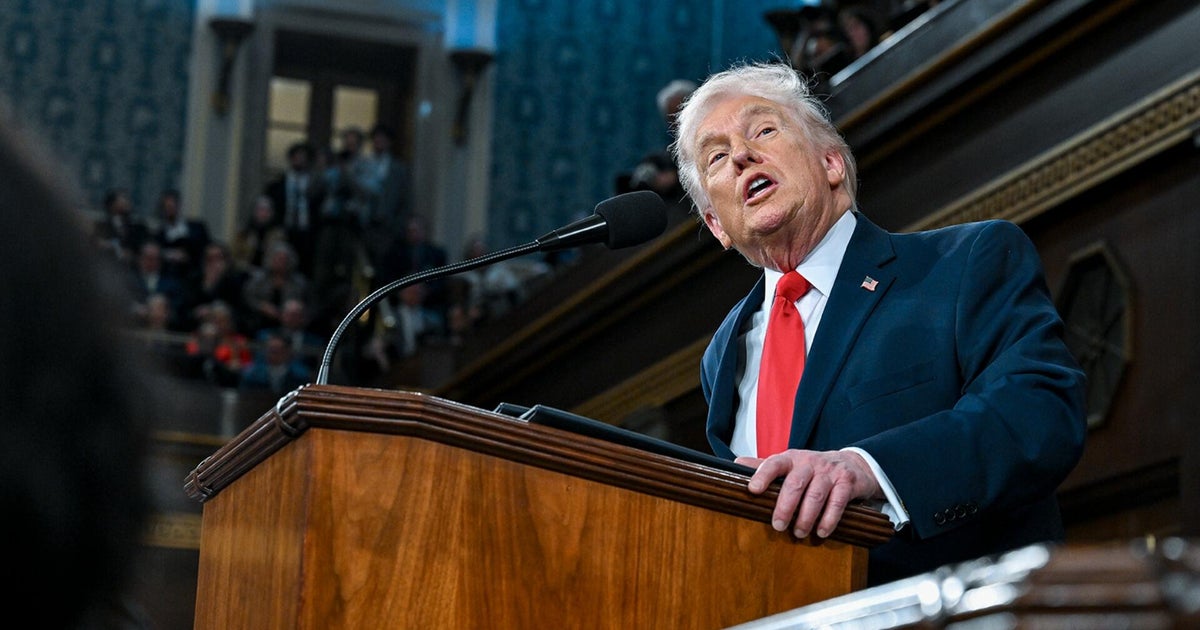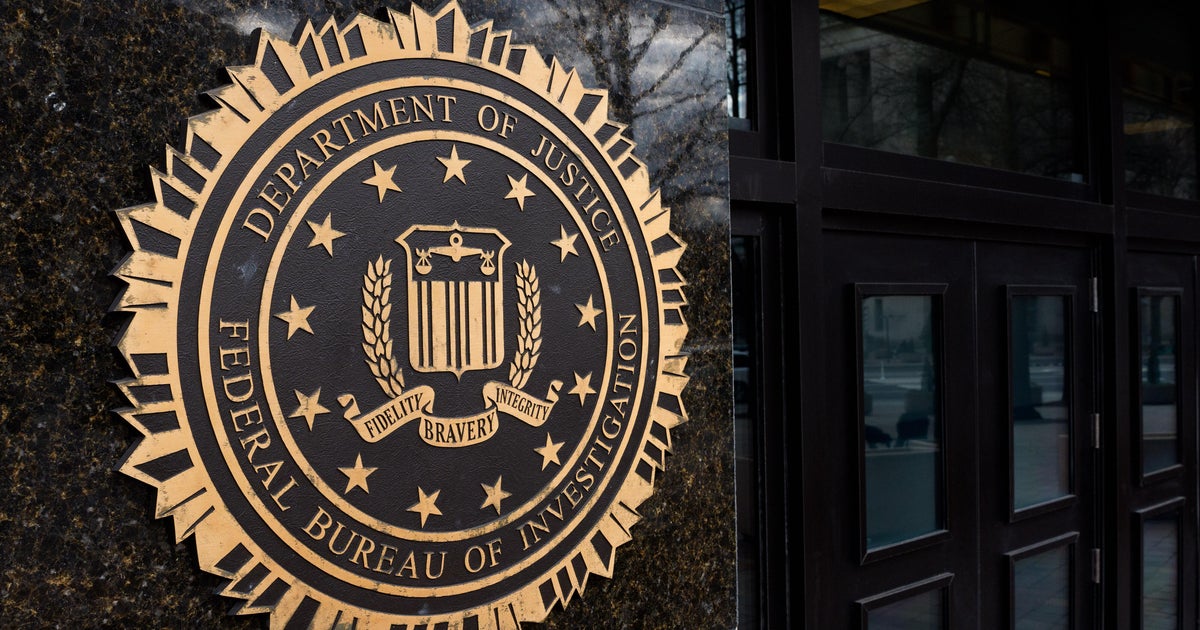Secret Service admits some security modifications for Trump "were not provided" ahead of assassination attempt
The Secret Service admitted some security modifications for Trump "were not provided" ahead of the assassination attempt against him last Saturday.
On Sunday, the Secret Service acknowledged that in some instances when the Secret Service did not provide "specific specialized units or resources," the agency made "modifications to ensure extra protection" of former President Donald Trump ahead of the assassination attempt last week, as calls for an investigation continue.
Secret Service spokesman Anthony Guglielmi said in a statement Sunday such modifications could include "utilizing state or local partners to provide specialized functions or otherwise identifying alternatives to reduce public exposure of a protectee."
A person briefed on the matter confirmed to CBS News the Trump campaign has been asking for additional Secret Service resources since he left office in 2021.
The Secret Service's decisions on Trump's protection were first reported by The New York Times and The Washington Post.
Secret Service director Kimberly Cheatle is expected to testify Monday before the House Oversight Committee. On Sunday evening, Homeland Security Secretary Alejandro Mayorkas appointed a bipartisan panel to conduct a 45-day independent review of the Trump assassination attempt. He named former DHS Secretary Janet Napolitano, former homeland security adviser Frances Townsend, former Judge and Deputy Attorney General Mark Filip and former Delaware homeland security official David Mitchell to the panel.
A day after the shooting, Guglielmi called it "categorically false" that additional security for Trump had been requested and denied.
Mr. Trump was grazed by a bullet, a bystander was killed and two others were wounded in the shooting. Secret Service snipers shot and killed the suspect, later identified as 20-year-old Thomas Matthew Crooks.
The Secret Service bolstered the former president's security footprint in June, adding a counter assault team personnel, drones and robotic dogs. An official familiar with the matter confirmed to CBS News that the enhancement of Trump's Secret Service assets was connected to the Iranian threat stream.
A Trump source familiar with the planning and security of Trump political rallies, and who spoke on the condition of anonymity, confirmed that there had been concerns over the last two years about a lack of additional resources and support from the Secret Service.
The Trump campaign requested additional security measures for some events, including more metal detectors at a May rally in the Bronx, which caused long lines for thousands of attendees. The Trump campaign also requested metal detectors when the former president attended his son Barron's high school graduation in May. But the Secret Service initially declined to provide them because it was not a political event. The agency ultimately added metal detectors and other security measures before Barron Trump's graduation ceremony took place.
The Secret Service's handling of the security at the Trump rally on July 13 has prompted questions, particularly after more information has emerged about the timeline of the shooting. Three sources familiar with a law enforcement briefing to members of Congress last week said that the Secret Service was notified by the Pennsylvania State Police of a suspicious person with a rangefinder on the grounds at 5:51 p.m. on Saturday — about 20 minutes before the gunman opened fire. At that time, local law enforcement did not know the suspicious person had a gun, according to a local law enforcement officer and the Butler County sheriff.
Cellphone video also shows rally attendees pointing toward the shooter, and trying to alert authorities to his presence — a full two minutes before he opened fire on the former president.
Law enforcement is still investigating a possible motive.
A growing number of Republicans have called for Secret Service Director Kimberly Cheatle's resignation in the wake of the shooting.
At last week's Republican National Convention, GOP Sens. Marsha Blackburn and John Barrasso posted video on social media appearing to show several members of Congress confronting Cheatle. In the video posted by Blackburn, which also shows Sen. James Lankford, Barrasso demands a "resignation or full explanation" from Cheatle. After fielding a number of questions as senators criticized her, Cheatle said in the video, "I don't think that this is the place to have this discussion."
House Intelligence Committee Chair Mike Turner, a Republican, told "Face the Nation" that Cheatle's "failures are just absolutely outrageous and incredible."
"If he had been killed, they would be culpable," Turner said about the Secret Service. "Every aspect of their failure leads right to giving an opportunity to shoot Donald Trump. And that is going to be the major issue."
According to Trump's son, Eric Trump, the former president did not get stitches but has a "nice flesh wound." Rep. Ronny Jackson, Trump's former White House physician, said Saturday in a letter that he had treated Trump and said the former president is "doing well."
"The bullet passed, coming less than a quarter of an inch from entering his head, and struck the top of his right ear," Jackson said in the letter. "The bullet track produced a 2 cm wide wound that extended down the cartilaginous surface of the ear."
Trump made his first public appearances since the shooting at last week's Republican National Convention, and he held another rally on Saturday. He referenced the shooting several times, saying he "took a bullet for democracy."





